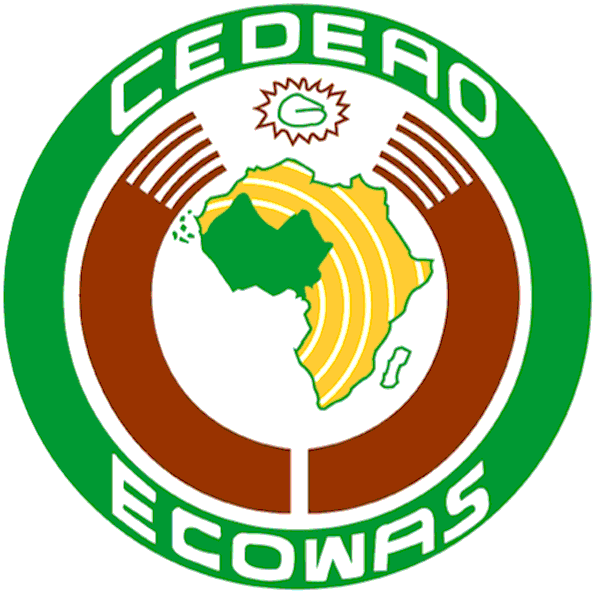The ECOWAS Parliament on Friday elected its deputy speakers from Nigeria, Cote d’Ivoire, Liberia and Cape Verde in line with the rules of procedures of the parliament in an election which was held during the inaugural session of the of the fourth legislature of the parliament in Abuja.
The election followed the end of the four-year mandate of the third legislature which ended in August 2015 in line with the provisions of the Supplementary Protocol relating to the Parliament.
The four deputy speakers are: Yusuf Lasun from Nigeria, First Deputy Speaker; Aminata Toungare from Cote d’Ivoire, Second Deputy Speaker.
Others are Jefferson Kanmoh from Liberia third Deputy Speaker while Orlando Pereira Dias from Cape Verde emerged as the Fourth Deputy Speaker.
Addressing newsmen, Lasun promised to bring his wealth of experience in Nigeria’s National Assembly into the ECOWAS Parliament.
“The Nigerian National Assembly is well developed and from my experience, I have come to the conclusion that the Nigerian Parliament is one of the most developed in the world.
“Anyone going from the Nigerian parliament to an international parliament has a lot of impact to make; we know the rules and we know what the parliament seeks to achieve in democracy.
“My own area of specialisation is to make sure that whatever benefits we can get for this parliament is taken back to the Nigerian parliament and impact positively on Nigeria as a country,” he said.
Lasun assured that the new legislature would ensure that the Supplementary Draft Act of the enhancement of powers of the parliament was signed into law.
“As at today the parliament of ECOWAS does not have legislative powers yet and when that exists, it becomes difficult to actually impact positively on the community.
“What we are going to do in the next four years is to make sure that this parliament has legislative powers.
“This is so that we can properly oversight our region because one of the most important functions of a parliament is the oversight functions.”
According to reports, the speaker of the parliament and the four deputy speakers make up the Bureau of Parliament, responsible for overseeing the activities of parliament.
The ECOWAS Parliament is currently a non-legislative assembly which issues advisory opinion to the Authority of Heads of State and Government and the Council of Ministers.
The parliament has 115 seats and draws its membership from the national assemblies of member states.
Each member state has a minimum of five seats and the remaining seats are allocated to Member States on the basis of their population.
Nigeria has the highest number of seats with 35 seats, followed by Ghana with eight seats.
Cote d’Ivoire has seven seats, while Burkina Faso, Guinea, Mali, Niger and Senegal have six seats each.




 Premier League
Premier League